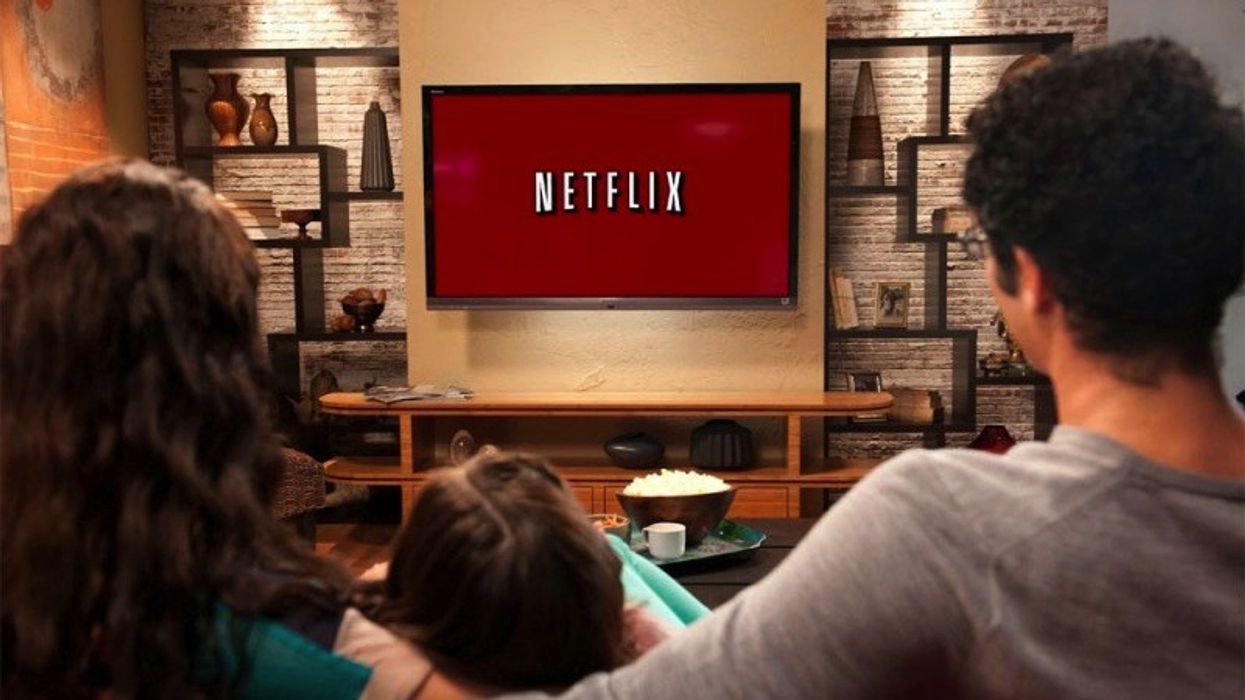Media piracy has been a thorny issue ever since the turn of the century. The Information Age giving rise to P2P file sharing services like Napster, LimeWire, and BitTorrent, and gave users instant access to their favorite music and other media for free, challenging the 1998 DMCA. The entertainment industry seems to have largely taken a solid position against piracy, but what if piracy information is used to choose the programming of a paid service? Netflix recently shared that they take this data into account in their content development strategy, adding yet another dimension in the anti/pro piracy debate.
Netflix VP of content acquisition Kelly Merryman spoke with Tweakers, a Netherlandish technology website, and said, "When purchasing series, we look at what does well on piracy sites." She gives the example of Prison Break -- how its popularity on piracy sites in the Dutch market lead to Netflix's decision to acquire the rights to it.
Whether you're for or against piracy, this is an interesting move by Netflix. While millions of people around the world are getting their music, movies, TV shows, and video games for free through torrent sites, Netflix is tapping into this information -- essentially getting low to no-cost market research to help them determine which shows their customers are interested in watching.
However, is it ethical for a company to use information -- information that wouldn't exist if people weren't breaking laws -- in order to bolster sales, or is it just another way to measure demand? (Granted, I'm sure that's not the only data they're looking at.) Will this move actually make Netflix more appealing to P2P users, causing a grand media consumption exodus?
I suppose we'd have to consider this as well: Who's going to pay for something they can get for free with only a distant chance of retribution? Well, maybe people won't pay for the content necessarily, but maybe they'll pay for ease of use -- and Netflix knows it.
Netflix CEO Reed Hastings also spoke with Tweakers in a video interview, and when asked if he thinks the Dutch consumers will switch to legal Netflix content, Hastings replies:
Well, certainly there's some torrenting that goes on, and that's true around the world. But, some of that just creates the demand. Netflix is so much easier than torrenting, because you don't have to deal with files. You don't have to download them, and move them around. You just click and watch. Click and watch, and so it's so easy.
Hastings also mentions that ever since Netflix launched in Canada 3 years ago, BitTorrent is down 50%, possibly indicating that the free P2P platforms are being foregone for the easy-to-use Netflix platform. But, is Netflix going to be able to gather the massive file sharing community and turn its users into Instant Queue movie hoarders? How many will jump the pirate ship? Will they use both?
Check out the video interview with Reed Hastings on Tweakers' site. Part of it is Dutch, but the interview is in English.
What do you think about Netflix's use of piracy information? Does piracy actually help legal concerns like Netflix? Do you think Netflix's ease of use will appeal to P2P users and decrease pirating? Let us know in the comments.
[Skull and crossbones image by Flickr user Will Lion]
Link: Netflix baseert aanbod deels op populariteit video's op piraterijsites -- Tweakers
[via The Verge]













